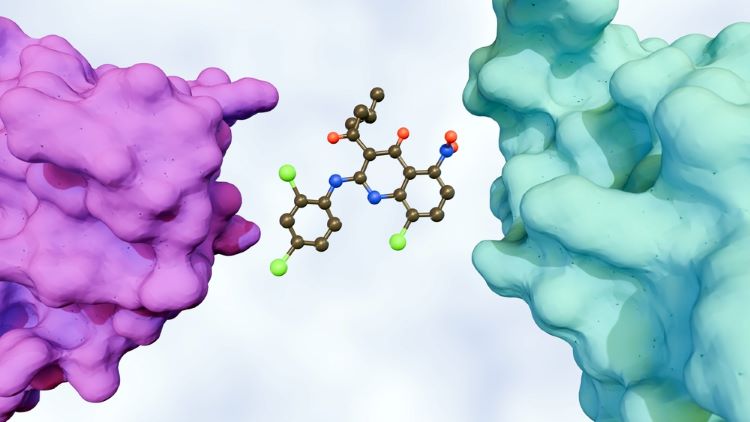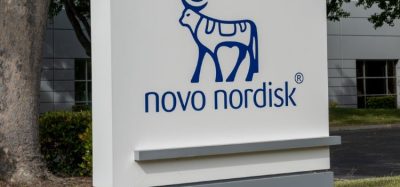Novartis builds on Monte Rosa collaboration with $5.7 billion deal
Posted: 16 September 2025 | Catherine Eckford (European Pharmaceutical Review) | No comments yet
Expanding its collaboration with the US biotech will add novel molecular glue degrader-based medicines to the pharma company’s pipeline.


Novartis has expanded its collaboration with Monte Rosa Therapeutics to add a work stream on novel molecular glue degrader (MGD)-based medicines for immune-mediated diseases.
The deal potentially puts the Boston-based biotech inline for a $5.7 billion payout from developmental, regulatory and commercial milestones payments across various research programmes.
As part of the agreement Monte Rosa will also receive $120 million upfront and is eligible for tiered royalties on global net sales.
The firm will use its AI/ML-enabled product engine for development of the degraders, which will then in turn be further development and commercialised by Novartis.
Building on Novartis’ established partnership with Monte Rosa
This is Novartis’ second agreement with Monte Rosa and builds on an existing license agreement for the company’s VAV1 degraders that was announced in October 2024.
That agreement includes MRT-6160, an orally bioavailable investigational degrader of VAV1, a key signalling protein downstream of both the T- and B-cell receptors. Under this specific agreement, Novartis agreed to pay Monte Rosa $150 million upfront, as well as up to $2.1 billion in milestone payments.
Dr Markus Warmuth, Chief Executive Officer of Monte Rosa Therapeutics, said: “We are extremely excited to extend our relationship with Novartis beyond our previously announced VAV1 agreement given the strong progress made to advance MRT-6160 toward initiation of multiple Phase II studies in immune-mediated diseases.”
[The new agreement] reflects the expansive opportunity in the [immune-mediated disease] space for our highly selective and potent MGDs”
He added that the new agreement “reflects the expansive opportunity in the space for our highly selective and potent MGDs [and] further strengthens our financial position… and provides runway beyond multiple anticipated Phase II readouts for MRT-8102, MRT-6160, and MRT-2359”.
Fiona Marshall, PhD, President of Biomedical Research at Novartis noted that the deal “underscores the company’s “commitment to advancing targeted protein degradation as a promising approach to address immune-mediated diseases with high unmet need”.
The expansion of its partnership with Monte Rosa follows two major acquisitions by Novartis. The pharma company last week struck a $1.4 billion cardiovascular-focused deal for Tourmaline Bio and in May agreed a $1.7 billion deal for Regulus Therapeutics that gave it access to a potential first-in-class kidney disease drug.
Related topics
Artificial Intelligence, Big Pharma, Clinical Development, Drug Development, Industry Insight, Research & Development (R&D), Technology, Therapeutics









